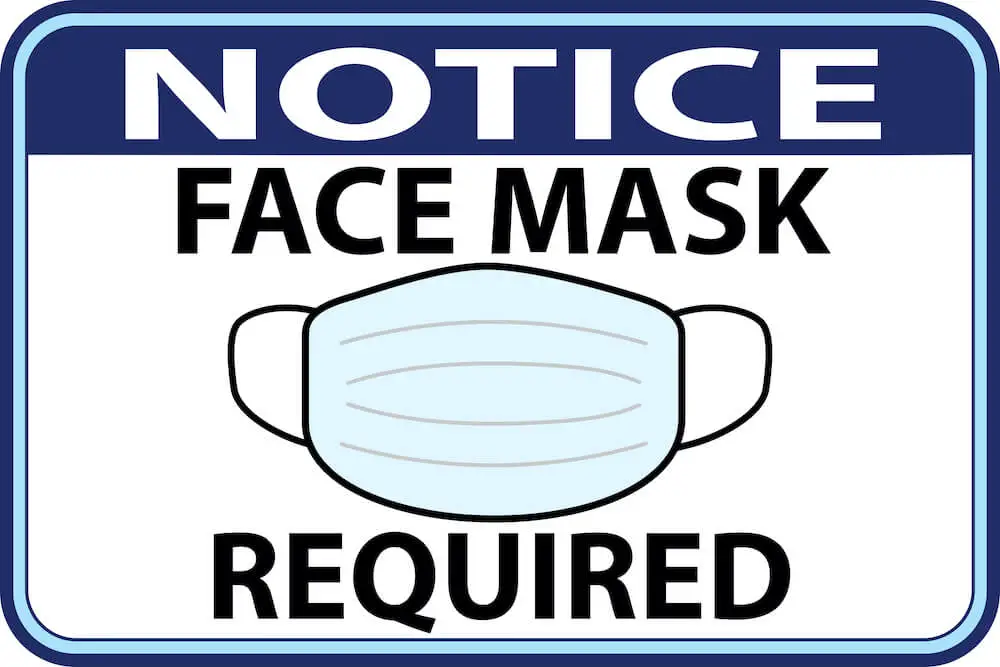Under the new Executive Order signed by President Biden shortly after taking office, federal employees can face disciplinary action if they refuse to wear masks when inside of federal buildings.
The information is based on guidance published by the Safer Federal Workforce Task Force created under the Executive Order. The Order states that the Task Force “shall provide ongoing guidance to heads of agencies on the operation of the Federal Government, the safety of its employees, and the continuity of Government functions during the COVID-19 pandemic.”
According to a set of recently published frequently asked questions about the mask mandate, federal employees who refuse to wear a mask can face disciplinary procedures. However, if an employee objects to wearing a mask for religious or disability reasons, there is a process he or she must go through to seek special accommodations. The FAQ states:
Q: If an employee comes to the worksite and refuses to wear a mask, what should the supervisor do?
A: When a supervisor observes an employee at the workplace not wearing a mask, the supervisor should remind the employee of the federal government-wide policy requiring mask-wearing in federal buildings. If the employee raises a disability or religious issue as the reason for not wearing a mask, the supervisor should follow the agency’s process to review and consider what, if any, reasonable accommodation should be offered (e.g., work from home or a different type of covering combined with appropriate social distancing). Employees who require a reasonable accommodation should contact the agency’s reasonable accommodations manager for information about lodging a request. Employees of contractors who require a reasonable accommodation should contact their supervisors and request that the supervisor discuss the need with the agency’s contracting officer.
If the employee is not eligible for an accommodation and does not comply with the mask requirement, the agency may pursue discipline. An agency may elect to bar the employee from the workplace for the safety of others until it determines the appropriate disciplinary action and any related proceedings are concluded. Any decision to bar the employee should occur in consultation with the agency’s onsite security authority (including any onsite security contractor), agency human resources office, and agency legal counsel. If the agency bars the employee from the workplace, the employee must be placed on paid administrative leave until the agency takes the disciplinary action. The agency must also follow normal processes to provide the required notice to the employee before implementing the disciplinary action. This could include, for example, possible placement of the employee on notice leave during the required period before effecting a suspension.
The FAQs also outline bargaining and labor relations guidelines for agencies under the mask mandate. Agencies, for example, should “should promptly notify their unions of the actions they intend to take to require compliance with CDC guidelines” and have the authority to authorize official time “to facilitate meaningful union consultation and negotiation…”





